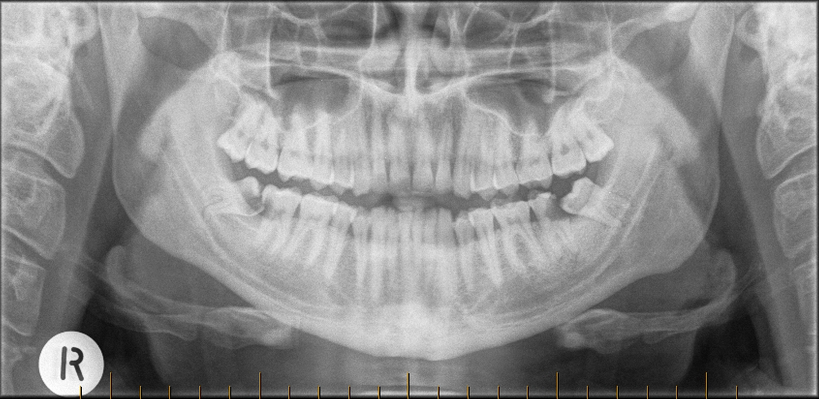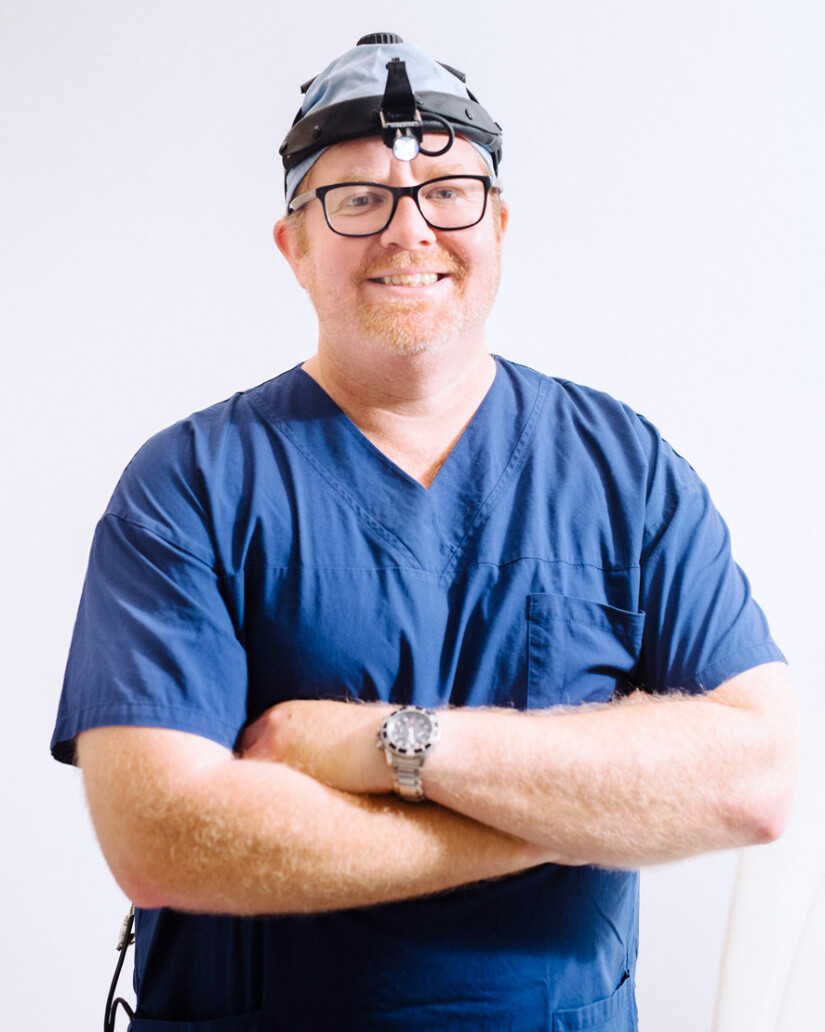Wisdom Teeth Surgery

About Wisdom Teeth
Wisdom teeth are the third molar teeth right at the back of your mouth. They are the last teeth to emerge into the mouth usually between the ages of 16 and 26. Some people have no wisdom teeth, though most have between one and four. Some people even have more!
Historically, we had much larger jaws and wisdom teeth were needed to help us chew our unprocessed diet. As humans have evolved, our jaws have become smaller and we often no longer have space for the wisdom teeth to function as teeth.
Why would I need removal of my wisdom teeth?
Many people do not have enough room in their mouths for wisdom teeth. This means that wisdom teeth can become stuck against a tooth or stuck in the bone when trying to emerge into the mouth, this is called impaction. Often these impacted teeth do not come through the gum or only partially come through the gum. This can lead to food becoming trapped causing discomfort. Impacted wisdom teeth can lead to inflammation or infection of the gums and subsequent pain and swelling called pericoronitis. This can cause decay/cavities on your other molar teeth and lead to them needing removal if not treated early.
Sometimes a cyst or tumour can form around an impacted wisdom tooth. If this is not picked up and treated early, it can mean more extensive surgery on the bone and other teeth may be required.
Usually removal of impacted wisdom teeth is the best solution to reduce the risk of infection, pain and risk to the other teeth. Even when wisdom teeth are not causing symptoms, examination and x-rays often show early damage and removal is recommended to reduce the risk of future problems.
What does removal of my wisdom teeth involve?
There are two safe ways to remove wisdom teeth: For simple extractions, a Local anaesthetic may be used. This is where you are awake but numbed from pain and is generally only recommended for one tooth at a time.
For more complex extractions or in patients who prefer to be asleep, a general anaesthetic may be required. This is usually performed in a hospital where one of our experienced Specialist Anaesthetists attends the operation to put you to sleep while Dr Tuckett removes your troublesome teeth. Generally, most wisdom teeth require a general anaesthetic to remove safely and your dentist will refer you to a Specialist Surgeon like Dr Tuckett.
The time required to remove a wisdom tooth depends on the anatomy of the tooth, if it is close to a nerve and how many teeth are being removed at the same time. In general, a single tooth usually takes twenty minutes to an hour to remove.
How long is the recovery from wisdom teeth removal?
Most patients find some mild to moderate swelling and discomfort over the first three to four days. This usually settles over a week though some patients may take longer. Usually patients will take pain killers for several days after surgery and we will tailor these to minimise any discomfort. Most people require a week to recover from wisdom tooth extraction and our team can provide you with a medical certificate if required. After your procedure, Dr Tuckett will provide you with specific instructions regarding your post-operative care, general instructions are available here.
Are there any risks of surgery?
Wisdom tooth removal is a very safe procedure. The risks involve will depend on your medical history and anatomy. Dr Tuckett will discuss a personalised risk profile with you at your pre-operative consultation appointment.

About Dr Joel Tuckett
Dr Tuckett is a contemporarily trained Oral and Maxillofacial Surgeon. He engages in a patient centred approach to ensure a caring and comfortable journey from initial consultation to discharge.
Dr Tuckett is and internationally published author in the fields of Facial trauma, Antibiotic stewardship, Radiotherapy induced Xerostomia, Parotid surgery and Head and Neck cancer. He is a senior lecturer at the University of Queensland where he educates both medical and dental students.
He currently has public appointments at the Princess Alexandra, STARS and Mackay Base hospitals where he works to train the new generation of surgeon.
